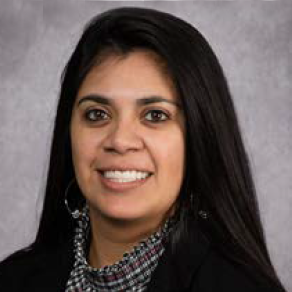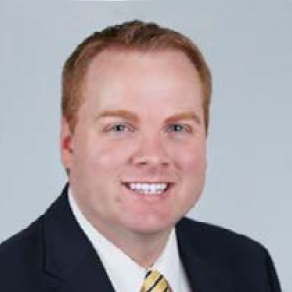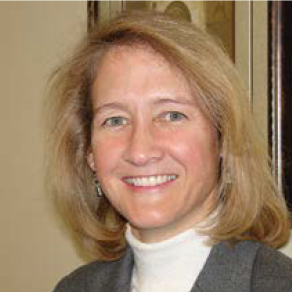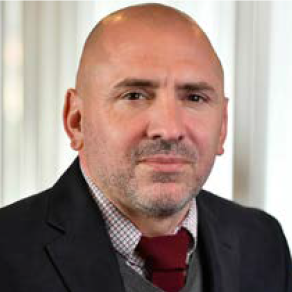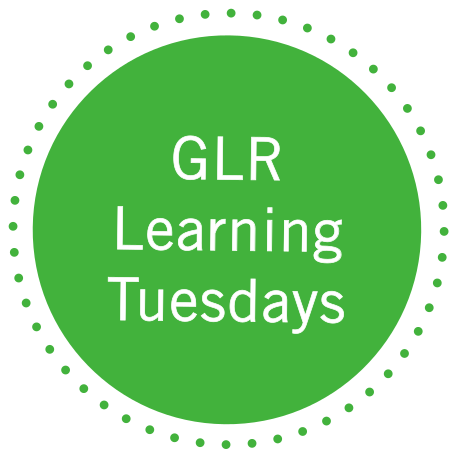
- This event has passed.
Innovative Approaches to Teacher Recruitment & Retention Across Rural & Diverse Regions

During this GLR Learning Tuesdays webinar, Betsy Mijares, Ed.D., with the T.L.L. Temple Foundation moderated a conversation exploring innovative approaches that university and nonprofit leaders are applying in rural and urban areas to strengthen teacher recruitment and retention. Mijares began by sharing information about her rural east Texas foundation’s investments and partnerships related to teacher recruitment and retention. Examples include creating teacher pathways for high school students through a partnership with Texas A&M University and contributing to a “teacher incentive allotment” for financial incentives to recruit and retain teachers and encourage them to work in high-needs schools.
Jason Judd, Ed.D., from Educate Maine described his partnership with the Maine Department of Education to launch the Teach Maine Center, designed to recruit, retain, diversify and elevate current and future teachers in Maine. Judd described various funding sources, including from the state department of education, a local foundation and a recently awarded congressional “earmark,” that are helping to support the work. He shared that they spent six months traveling to every county in the state to host focus groups with teachers to understand and elevate their needs and interests. “We’ve had teacher leaders not only at every focus group, dozens of them, on weekends, but also on our design team, in consultant roles and leadership roles, really going hand in hand with us planning this work moving forward.” While this initiative is still relatively new, Judd outlined next steps including a report summarizing their focus groups, pilots in two counties to recruit and retain teachers, a “Be a Teacher” campaign and efforts to establish sustainable funding.
Flynn Ross, Ed.D., with the University of Southern Maine described another innovative partnership in Maine focused on teacher recruitment through the creation of the Maine Teacher Residency. This partnership between the university and local school districts was launched in response to the demand to recruit high-quality teachers in a local high-poverty district, and the university used this situation as an opportunity to create a residency program. Funded in part by existing district position funding, the residency model offers the teacher candidates paid student internships, mentor teachers, tuition support for residents and advice on coursework to complete their professional certification. Ross shared how the university is accommodating students in this residency program: “We’ve moved all of our courses after school and/or online to accommodate full-time working students.” She also described how the university has created a statewide mentoring network to support mentor teachers in their coaching of teacher candidates.
Nathan Sorber, Ph.D., with West Virginia University described the university’s involvement in an innovative initiative, Teachers Ascend, to attract teachers to move and teach in West Virginia to respond to their teacher shortage challenges. Teachers Ascend builds off an earlier initiative, Ascend West Virginia, that found success in recruiting people working remotely during the pandemic to relocate to the state, incentivized by a stipend and the opportunity to enjoy the state’s natural beauty and outdoor recreation. The initiative offers candidates tuition support and mentoring, as well as a sense of community through a cohort of teachers going through this initiative together. As Sorber said, they thought about, “How could we create this space of, say, you’re not coming into the state alone, that [instead] you could move in and be part of a network and part of a community?” They are piloting the program this spring with 10 teachers to be placed in two districts, with the hope of creating a “proof of concept” to spread across the state.
Finally, Audrey Rogers, Ed.D., with Southern New Hampshire University, discussed her university’s clinical apprenticeship model as well as a unique partnership with AmeriCorps. For the university’s early childhood and elementary licensure programs, teacher candidates are funded to teach in the Manchester school district partly through Title I funds. For students pursuing a master’s degree in secondary education, they are co-enrolled as AmeriCorps members and receive associated AmeriCorps training and financial support, and they provide a commitment of service to the Manchester community and students. As Rogers said about students’ co-enrollment with AmeriCorps: “These students, when they join this program, it’s not just, I’m going to go…into this program and student teach. They take on the identity of an AmeriCorps volunteer. They do AmeriCorps training. They become a part of the community and have joined something that’s really bigger than themselves.”
Panel
